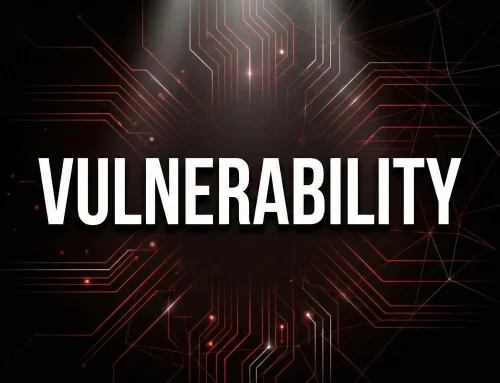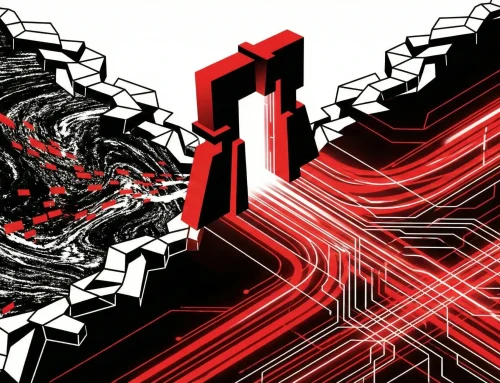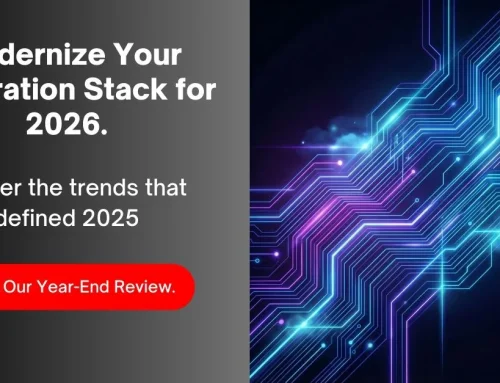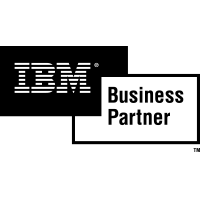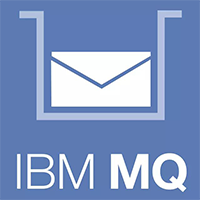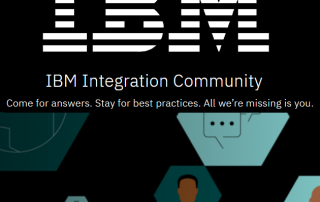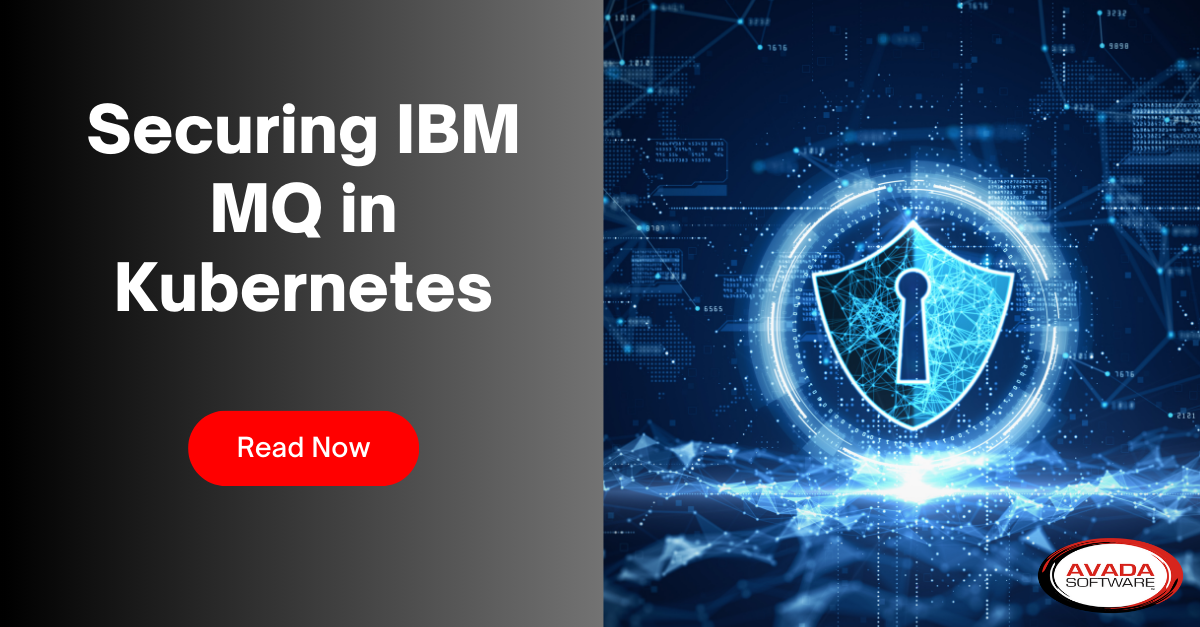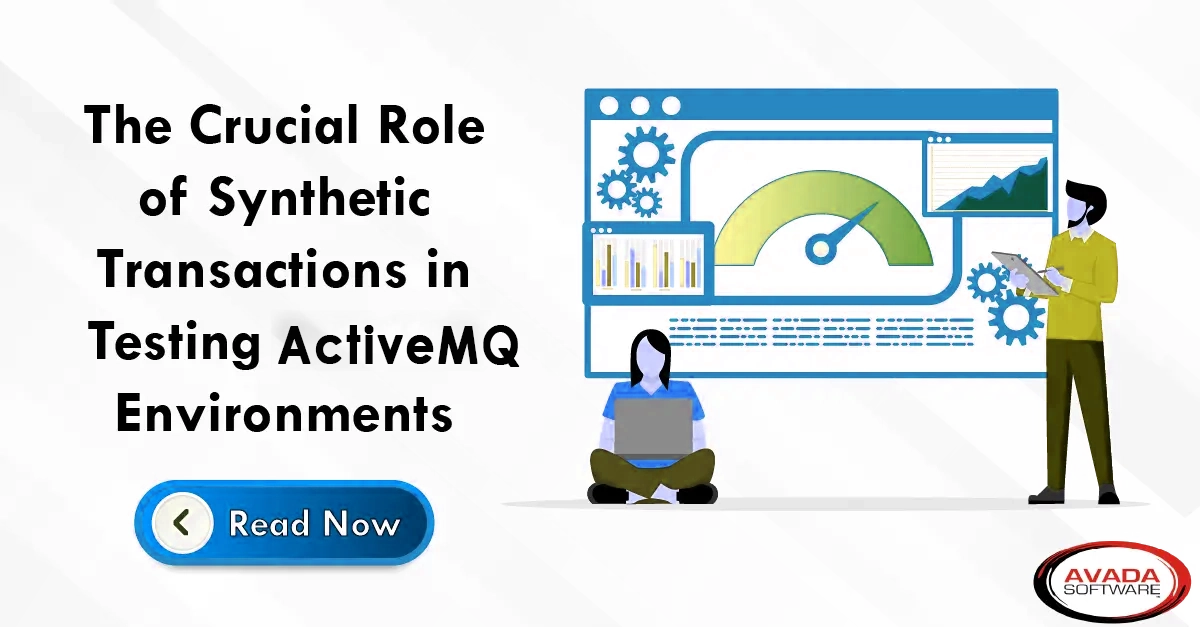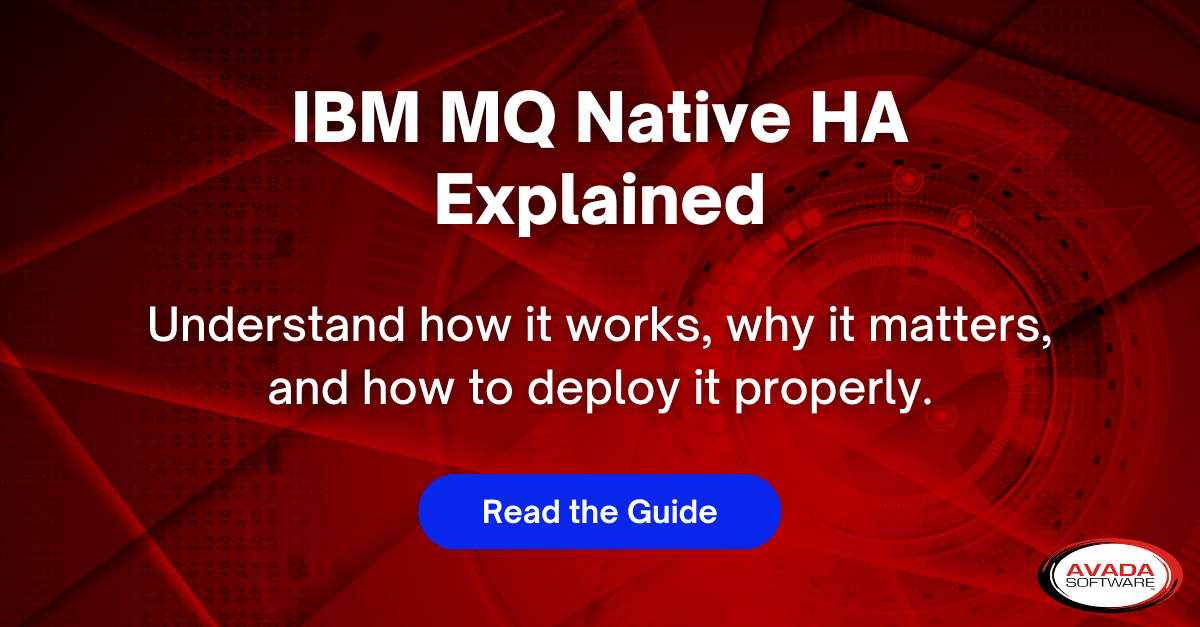Serverless is the new buzzword with techies these days. There are certainly ideal business applications for it, like helping to tame costs of idle infrastructure for data-intensive applications. Upstash, a San Jose based low-latency data platform start-up is using serverless and durable storage to disrupt the Kafka market place.
The Low latency, pay-as-you-go serverless database aims to drive down costs for setting up infrastructure for data-intensive applications. Typically it can cost hundreds of dollars a month just for the base set up of database infrastructure in the cloud, even before you start moving data through your system. Managed versions of these services can mitigate some costs, but Upstash founder and CEO Enes Akar wants to reduce that idle infrastructure cost even more by letting you have hundreds of Kafka clusters that cost you zilch if they’re not receiving any requests.
Upstash combines this approach with a data disappearing act that balances demand between memory and storage. Different than other Redis offerings, in Upstash persistence is always enabled. Every write operation is persisted to block storage provided by cloud providers so an entry is stored in both memory and disk. A read is made from memory as long as the data exists in memory. Otherwise the data will be loaded from the disk. An entry is evicted from memory if it is not accessed for a period of time (10 minutes in the pay as you go plan according to their website. , but it’s not lost since the entry already exists in the block storage. If a read operation occurs, the evicted entry is reloaded to the memory for fast access.
Upstash is the first serverless Kafka provider offering Kafka as a service with per request pricing that can scale to $0. And, they boast several other features that would play well in the market: No operational burden for the user stating that the user creates the Kafka topic and starts using it. They take on the burden of maintaining high availability, scalability, upgrades, backups, etc. And Serverless functions do not hold state, so you can access your data with a stateless connection, the Kafka TCP protocol, or a built-in REST API to enable connectionless environments like AWS Lambda, Cloudflare Workers, Fastly Compute@Edge
Possibly the most important factor in their potential to disrupt is that they’re built for developers by developers. That’s a model Avada Software understands since we’re built by middleware professionals for middleware professionals (and we help them monitor and manage Kafka). Couple that with the fact that Upstash just announced a $1.9 million seed round from Mango Capital and other investors and now they’re a force to watch.
More Infrared360® Resources
